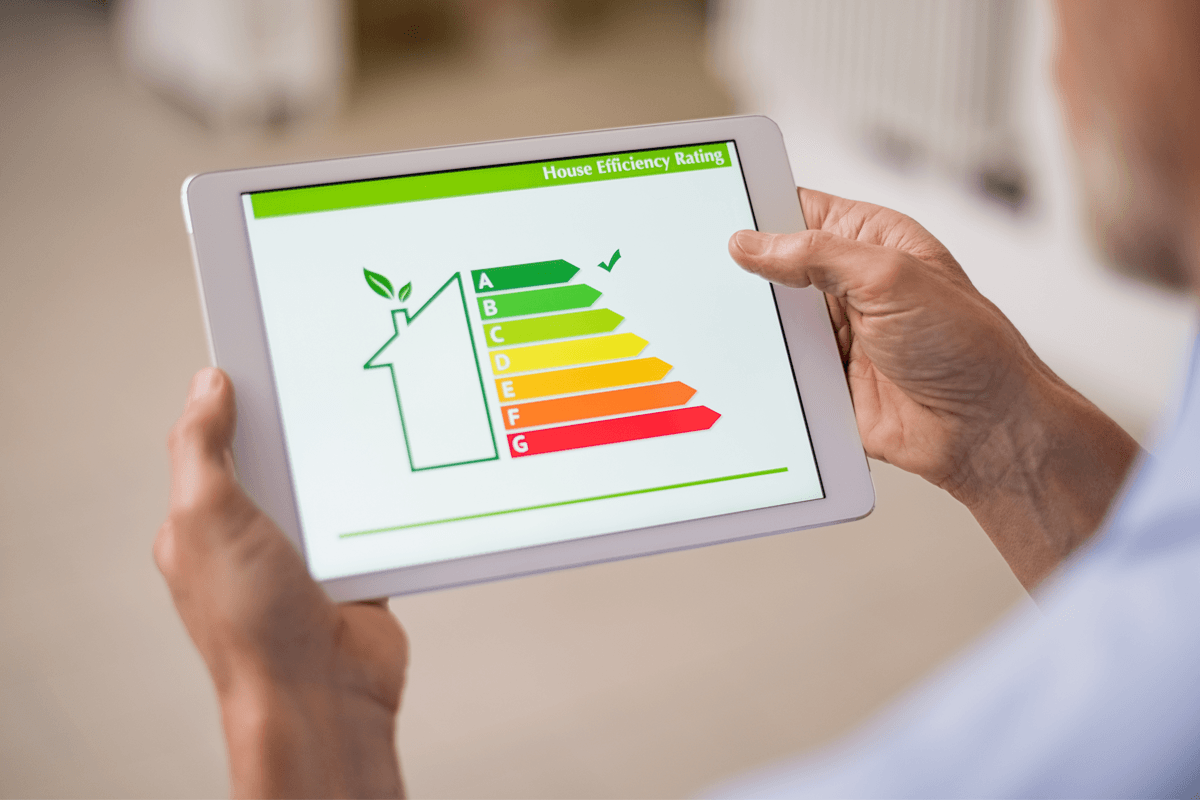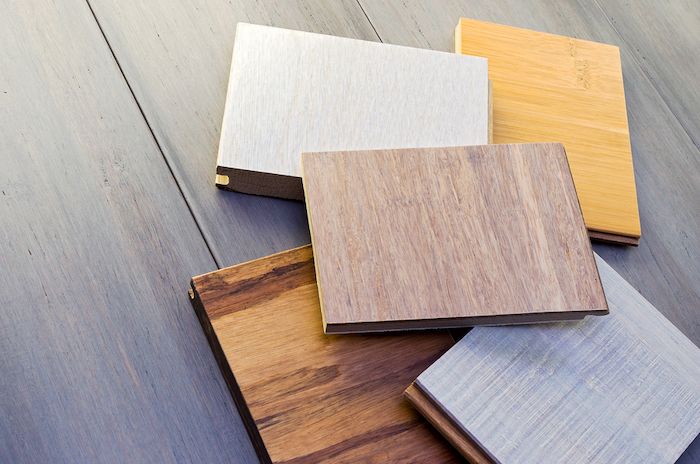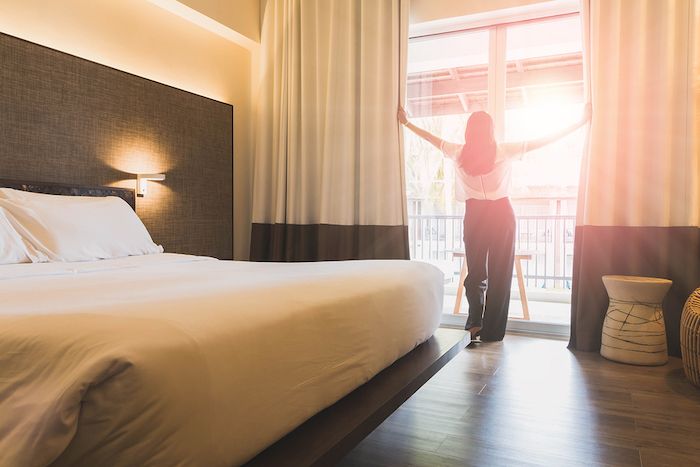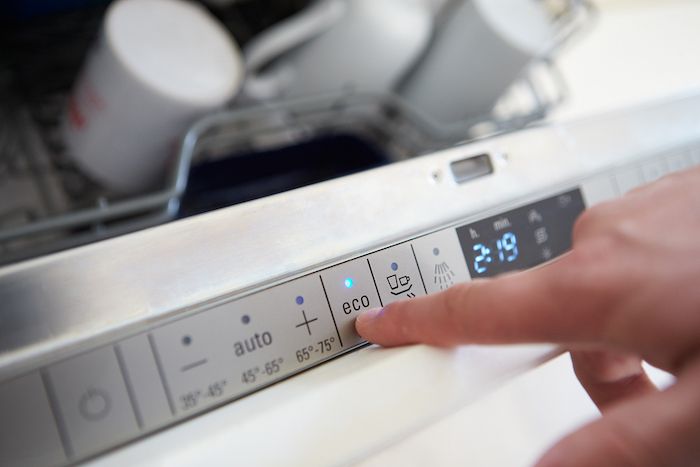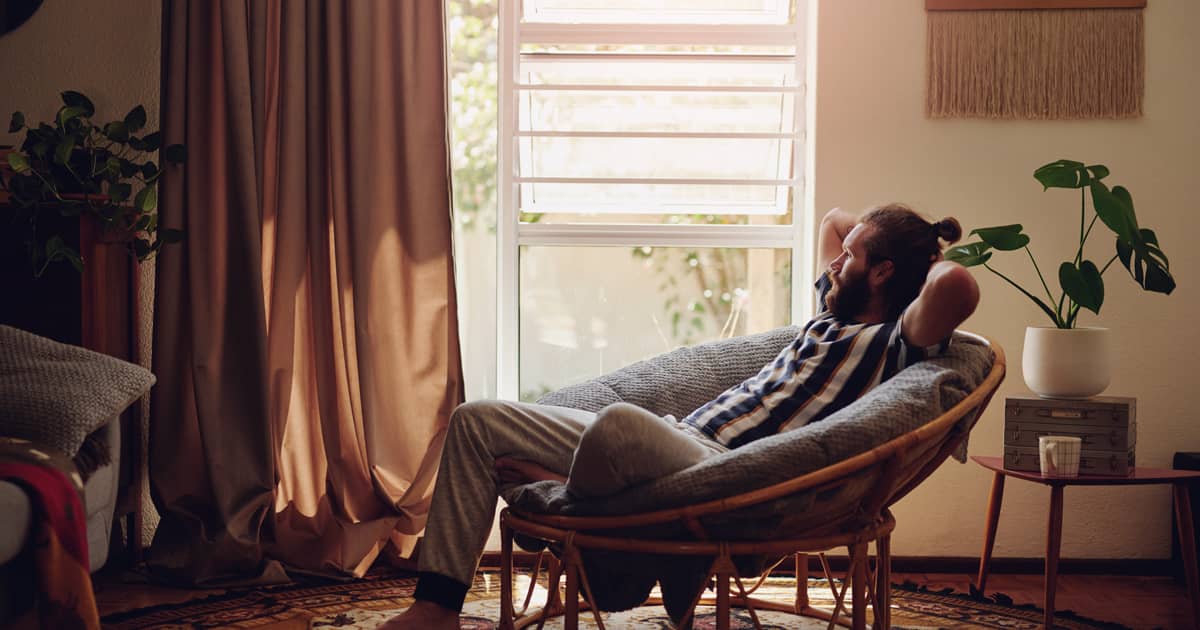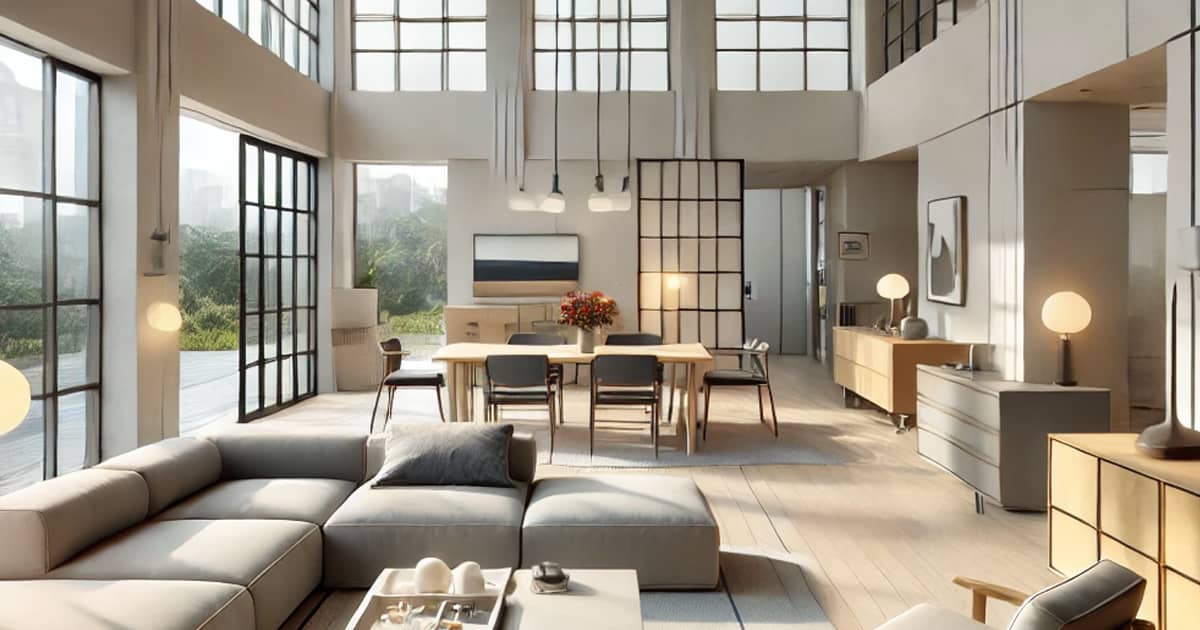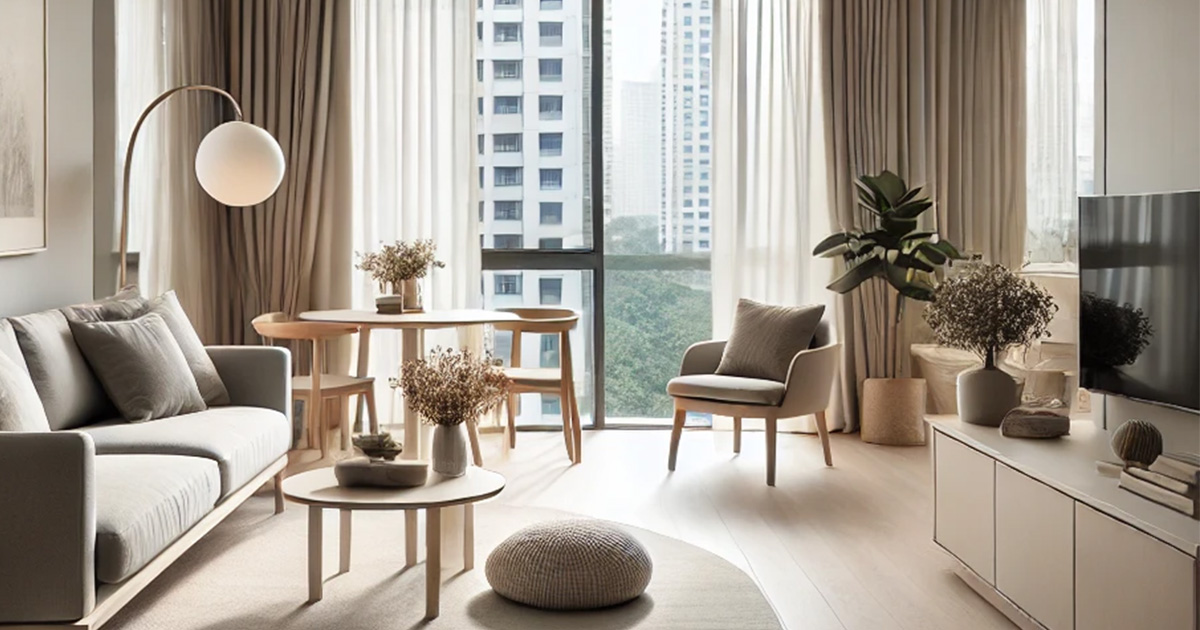Singapore has recently been undergoing a green revolution and the architectural and design worlds have been particularly involved in the change. The Building and Construction Authority (BCA) aims to make 80% of its buildings green by 2030 and part of the plan has included making green building mandatory since 2008. If you’re moving into an existing apartment, there is not much you can do to change the building’s green rating from an architectural perspective, however, it is possible to ensure the residential interior design incorporates environmentally friendly materials, which will help your pocket and your health, and contribute to the city’s green aims.
5 Ways to Include Green Design in your Home
Volatile Organic Compounds (VOCs) are in most synthetic items, and especially at the start of a product’s lifetime these chemicals are released into the air around them via a process called off-gassing. These chemicals have been proven to negatively affect your health so having a home filled with VOCs is far from ideal. Although we know choosing your colour scheme is one of the most important steps in the design process, paint and floor finishes can be the biggest contributors of VOCs in the home. It is important to not only select aesthetically pleasing options but make eco-friendly choices as well, that won’t off-gas harmful chemicals into your space. Other culprits include new furniture, window treatments and accessories. To avoid VOCs, choose products that have a high green rating and have been ecologically produced. When it comes to selecting furniture, another cost-effective and sustainable option is to select vintage items that were either made before these VOC heavy chemicals were used in furniture production or that are old enough to have ceased the off-gassing process.
While solid timber floors are currently popular, flooring that has been made from responsibly harvested timber and produced using eco-friendly resins and sealants should be the only choice; not only is it better for your own health, it also helps avoid deforestation. A sound alternative is bamboo flooring which is sustainably grown, or stone or ceramic tiles which last well and are natural products, so don’t release chemicals when breaking down at the end of their lifecycle. When choosing occasional rugs or carpets, opt for those made from natural fibres like sisal and wool that have not been chemically treated, to avoid VOCs.
Heat and humidity are specific issues that need to be considered in Singapore’s interior design. When planning the HVAC system, a smart thermostat will help save energy by learning the movements of the residents of the home. This means the AC will only be activated when necessary, conserving precious energy and money on energy bills. Also, block out blinds or curtains can reduce solar heat by 33%. Alternatively, temperature controlling windows can also perform this function if you are able to replace your glazing. By limiting heat coming into the house, temperatures remain more constant and your home requires less energy to cool, saving even more money. It is important to note that window treatments block the sun by reflecting heat rays. This can lead to the materials literally cooking in your home all day so, it is especially important to select materials that are chemical free, to avoid the high VOC release rate that is possible.
Select Furnishings Carefully
Select furnishings that have green accreditation, to avoid VOCs as well as items that have been made using non-sustainable sources. Also, selecting items produced in Singapore promotes local industry and reduces the carbon footprint of your renovation which improves the eco rating of your home overall.
Install Green Appliances and Fittings
Green residential interior design and product design have evolved so significantly that it is now possible to find an eco-version of nearly every fitting and furnishing in the house. Appliances are being created with smart technology which helps them to calculate the exact energy/water requirement for the specific job on hand and thus avoid excess use, which was an issue with older models. Also, technological advancements have led to new ways of achieving the same results. For instance, LED lighting uses approximately only 20% of the energy required by incandescent bulbs and new energy efficient refrigerators will use half of the power those that are 12 years or older. According to a recent appliance comparison, if you replace your top 8 energy-heavy appliances, you can save 123 USD (approximately 170 SGD) per year on your energy bill. Not only will these devices re-coup their purchase cost, but they will also reduce your total energy requirements over their lifetime.
While a completely green renovation is not always possible due to factors like product availability, building requirements, timeframes and budget, simply selecting one of these options will make a positive impact in your life. At Home Guide, we always work with our clients to create an interior design solution that perfectly suits their needs. Should you wish to begin a green renovation or a completely new build, we would be happy to discuss the options with you, to create your perfect space.
Homeowners who have started small with green renovations often find that the benefits outweigh the added effort/cost and they then become driven to make even more green improvements in their lives. If a choice has to be made, start with a structural change, as the soft furnishings are easier to change individually down the line. It is also important to add that changing a product before it has reached the end of its usable life can offset the positive effects of the new product’s green rating. It is important to be aware of how old items are to be disposed of and to research how to recycle or donate as many items as possible to avoid unnecessary waste. If each individual chooses to make a change, great improvements will be seen, and Singapore can remain one of the top 10 cleanest cities in the world.
